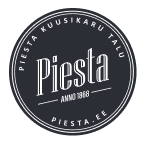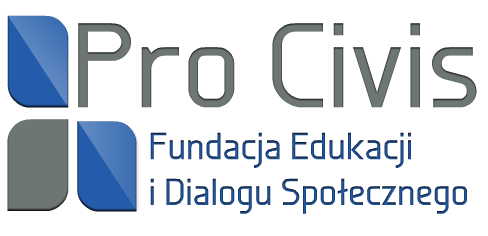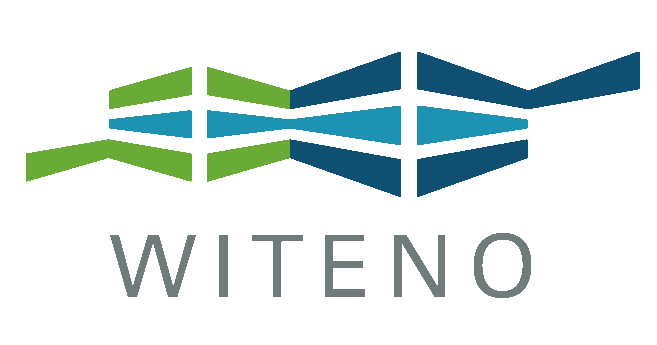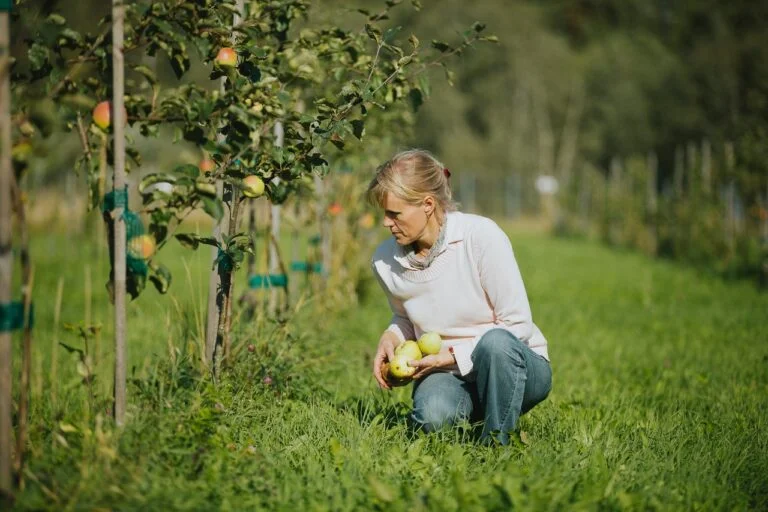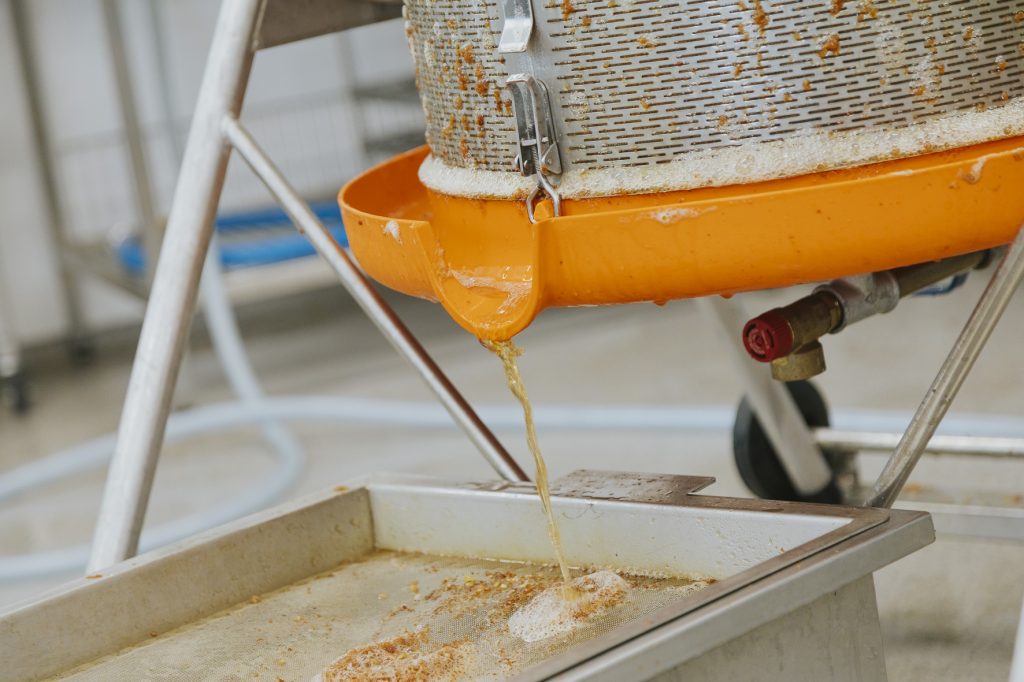Piesta Hackathon – Sustainable Use of Apple Pomace
At Piesta Hackathon we invite you to offer solutions how to transform apple pomace, including its seeds, into valuable products or solutions that are financially sustainable.
We are open to exploring new business opportunities and research collaborations.
More about the Piesta Hackathon invitation can be found here.
What is the challenge about?
Piesta Kuusikaru, an Estonian award-winning producer of premium apple products, is seeking innovative ways to extract value from apple pomace — a by-product of their production process. Currently pomace is transported to a waste management company for composting, but rising transportation costs are making this solution financially unsustainable.
The company is committed to reducing waste, cutting costs, and creating value from residues, not just for itself but potentially for or in collaboration with other similar producers in the region.
Apple pomace, a by-product of apple processing, consists of a mix of peels, pulp, and seeds, with each component offering unique potential. Apple seeds contain oils and bioactive compounds that could be extracted for nutraceuticals or cosmetics, while the remaining biomass is rich in dietary fiber, sugars, and bioactive compounds ideal for food, feed, or bioenergy applications. Separating these components could unlock even greater value, but requires financially viable and scalable solutions.
Why should you participate in the Piesta Hackathon?
Depending on the level of development of the proposed ideas/solutions, participants in the Piesta Hackathon will have the chance for either business cooperation or the initiation of joint projects or pilots to test their presented concepts.
As a finalist, you will also get to:
- establish cooperation and network with other companies and specialists with interest in the same field
- establish international contacts and connections in the field of your interest
- test your ideas with feedback from a potential client and discover how to match your idea/solution with the needs of the end-users
- develop the commercialization potential of your idea and discover new business opportunities with expert mentors’ support
- get international recognition and visibility for your teams’ know-how.
The hackathon is free of charge and open to all innovators, including individuals, entrepreneurs, student start-ups and academic/scientific/research entities. Depending on the level of development of the proposed ideas/solutions, participants in the PIESTA Hackathon will have the chance for either business cooperation or the initiation of joint projects or pilots to test their presented concepts.
Timeline
The launch webinar is a great opportunity to get insight into extracting value from biomass. The scope of the challenge and detailed schedule of the hackathon process will also be presented, as well as the practical tips about the applying process and participation in Piesta Hackathon.
The application includes your preliminary idea proposal and a short description of the expertise in your team.
Organized as an online event, where participating teams will meet each other, the mentors and the representatives of Piesta Kuusikaru to hear more about the challenge and expectations of Piesta Kuusikaru. Teams will present their preliminary ideas and get feedback for further development.
- consultation of the idea/solution with all mentors (5 – 10 experts and practitioners)
- preparation of the final version of the presented idea/solution
- presentation of the idea/solution by teams/individual innovators.
Have a solution?
More information
Organizer
Piesta Hackathon will be organized by Pärnu County Development Centre in its Business Incubator (Ringi 35, Pärnu, Estonia). The program will start in the afternoon of 15/05 with mentoring for the participant teams and networking in the evening. On 16/05, there will be a pitching session with presentations on teams’ solution proposals to Piesta Kuusikaru. After Jury deliberation, winner(s) are announced. If you are not able to travel onsite, online participation is also possible.
Svea Uusen, Pärnu County Development Centre, svea@parnumaa.ee, +372 5051 797
Külli Eller, Piesta Kuusikaru, Külli Eller, OÜ Kuusikaru, info@kuusikaru.eu, +372 5089 589
Pärnu County Development Centre steers the development of Pärnu County, develops entrepreneurship, youth entrepreneurship and entrepreneurial education, and civic engagement. We are part of the nationwide network of county development centres all over Estonia. The regional Innovation Hub, which connects the various business development and educational competencies of Pärnu County and is implemented based on the triple helix innovation model, is a future-oriented development accelerator for the whole region of Western Estonia, with focus on facilitating green transition and sustainable development, including circular bioeconomy and renewable energy. We are based in Pärnu, Estonia, but connected worldwide.
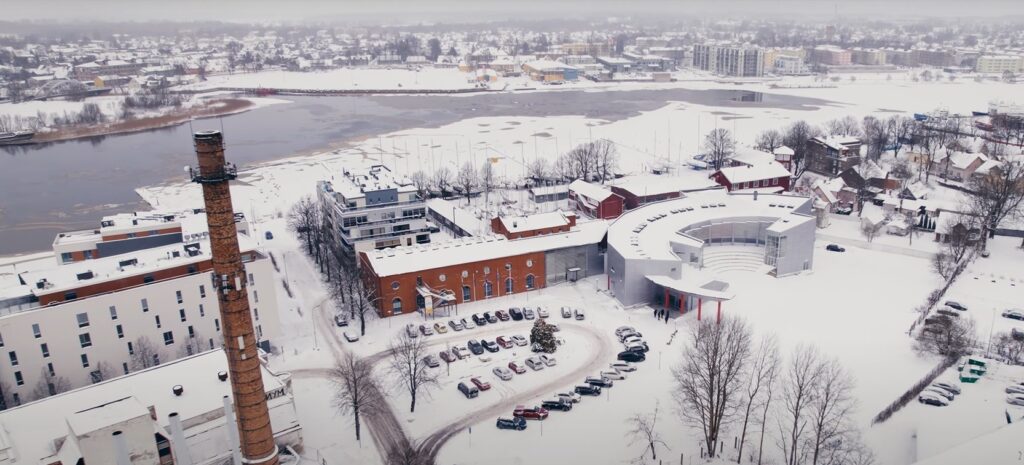
In collaboration with:
JAMK, Jyväskylä University of Applied Science has long experience in organizing hackathons. BioBoosters by JAMK is a Bioeconomy Business Accelerator that aims to create new businesses and globally significant solutions to combat climate change in the international bioeconomy environment. BioBoosters by JAMK’s key tasks are to develop business within bioeconomy and create sustainable business based on new innovations, utilizing new technologies and digitalization, developing abilities and know-how, and building business networks and ecosystems.
Bioboosters project network supports Piesta Hackathon via communication and marketing cooperation. The network features 9 prominent bioeconomy innovation hubs around the Baltic Sea – from Finland, Sweden, Germany, Estonia, Latvia, Lithuania, and Poland. The BioBoosters project will organize a total of 18 Hackathons to support the sustainability mission of the bioeconomy companies. The project is co-funded via the Interreg BSR program and the European Regional Development Fund.
Piesta Hackathon is implemented and supported as part of the project “BioBoosters – boosting the circular transition“. The aim of this international project is to increase the level of innovation of entrepreneurs in the field of bioeconomy and circular economy.
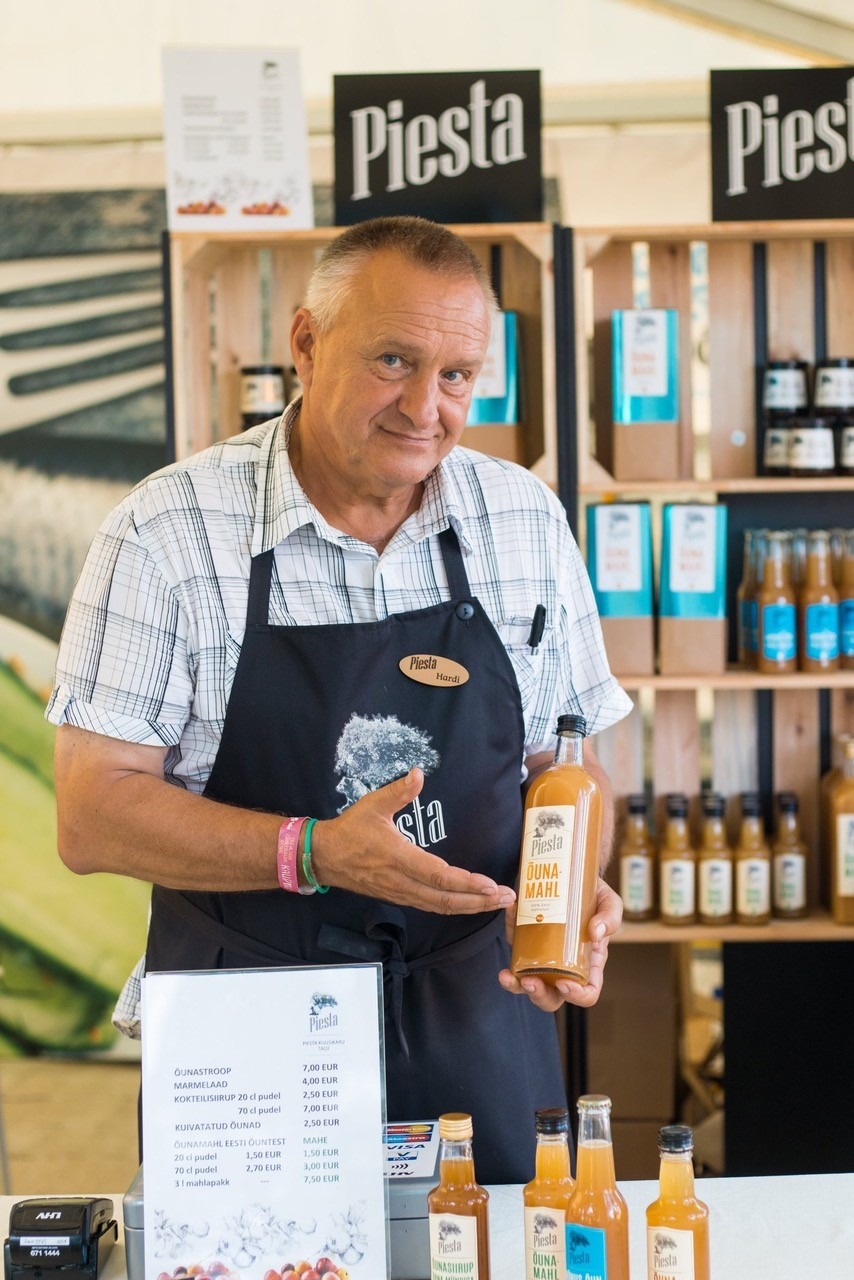
#bioeconomy #circulareconomy #innovations
